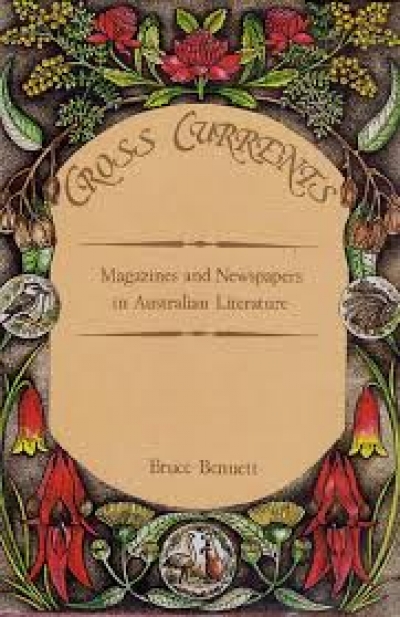Magazines
I have to admit that I’m a magazine junkie. With the possible exceptions of golfing and bridal magazines I’ll read any magazine – from the trashy tabloid to high-brow literary – anywhere; anytime; dentists’ waiting rooms, doctors’ waiting rooms, hairdressers’ salons and, most of all, public transport. In fact, magazines are made for public transport. Unlike reading novels you can finish an article, story, or review in the space of a P.T. trip without the narrative being interrupted by annoying practical details like getting off. Buying a magazine and making it last over a week of P.T. transport is an art, as is choosing the right magazine for the right journey. It’s not an exact science but there are compelling reasons for giving this matter serious consideration.
... (read more)Westerly edited by Delys Bird and Dennis Haskell & HEAT edited by Ivor Indyk
‘The best preserve of our humanity’, Ian Britain writes in his editorial to this edition of Meanjin (Only Human, 63:1, edited by Ian Britain $19.95 pb, 236 pp), remains words. Whatever ‘our humanity’ is, it is protected, kept alive, maintained, conserved – in language. ‘[C]ertainly’, he clarifies, in the ‘honed, considered words of the good … literary artist’, but perhaps even in ‘verbiage’.
... (read more)



